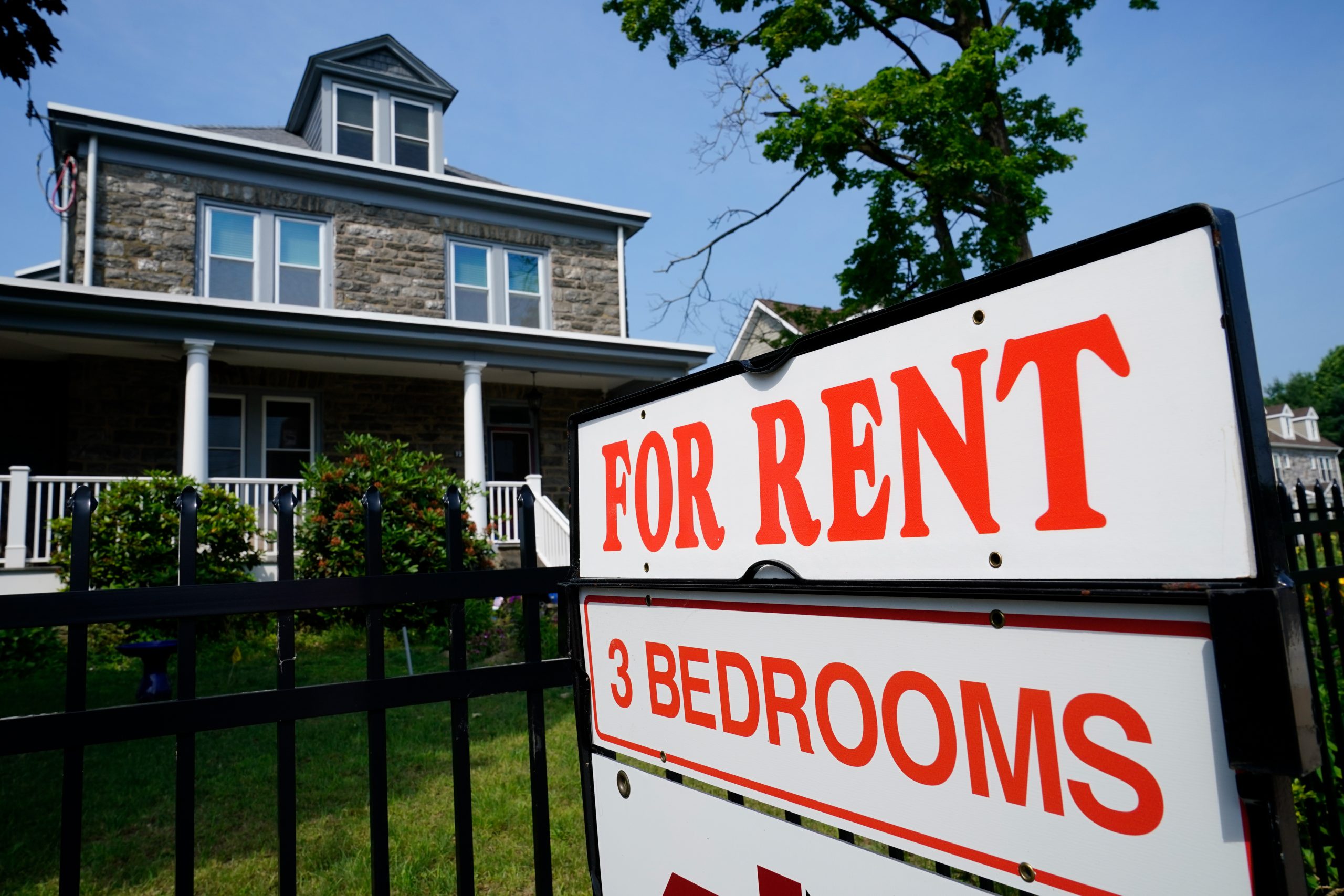
The landscape of work and travel is undergoing a transformation with the rise of remote and hybrid work arrangements. Referred to as “bleisure travel,” “laptop lugging,” “workations,” or simply “blended travel,” this trend sees remote and hybrid employees combining work and leisure during their trips, challenging the traditional boundaries between business and vacation travel.
The impact of this shift is evident in the travel lodging industry, where existing options, especially hotels, may not fully meet the needs of these blended travelers. Short-term vacation rentals, such as Airbnb, are experiencing a boom as a result. Quarterly demand growth for short-term rentals has surpassed that of hotels since the first quarter of 2022, reflecting changing traveler preferences and the agility of short-term rental hosts in adapting to these shifts.
The supply of short-term rentals has grown over 15% year-over-year in each quarter from Q1 2022 to Q2 2023, outpacing the growth of hotels (below 5%), according to a report from AirDNA and STR/CoStar. This surge in supply aligns with the increasing popularity of bleisure travel, where travelers extend their trips to include both work and leisure activities.
Notably, more than a third of workers plan to engage in work during holiday season trips, with remote employees anticipating extending their trips by nine days due to increased schedule flexibility, as per a Deloitte survey. This shift in travel patterns has implications for the lodging industry, with bleisure travelers favoring longer stays and seeking amenities like kitchens and workspaces.
The change in preferences has also impacted travel destinations, with bleisure travelers exploring locations outside traditional urban centers. Short-term rental supply has seen significant growth in small cities, rural areas, and suburban locations in 2023. Larger homes, rather than shared rooms or studios, are in demand, favoring short-term rentals over traditional hotels.
This shift in travel dynamics is expected to persist, with economic challenges hindering new hotel development and creating opportunities for homeowners listing properties on platforms like Airbnb to meet the demand for longer-term, amenity-rich accommodations. The bleisure travel trend is poised to continue reshaping the travel and lodging industry landscape in the foreseeable future.